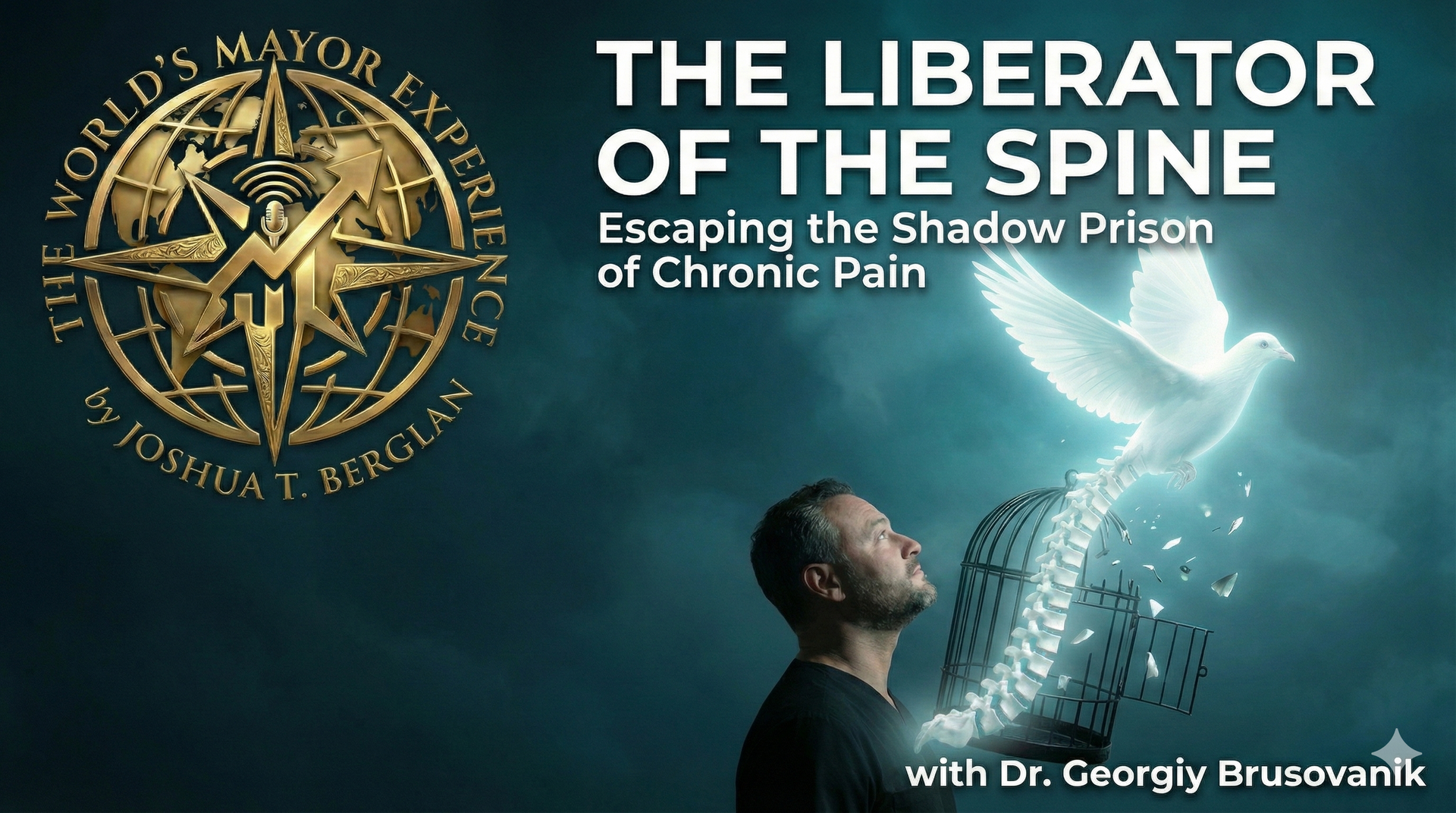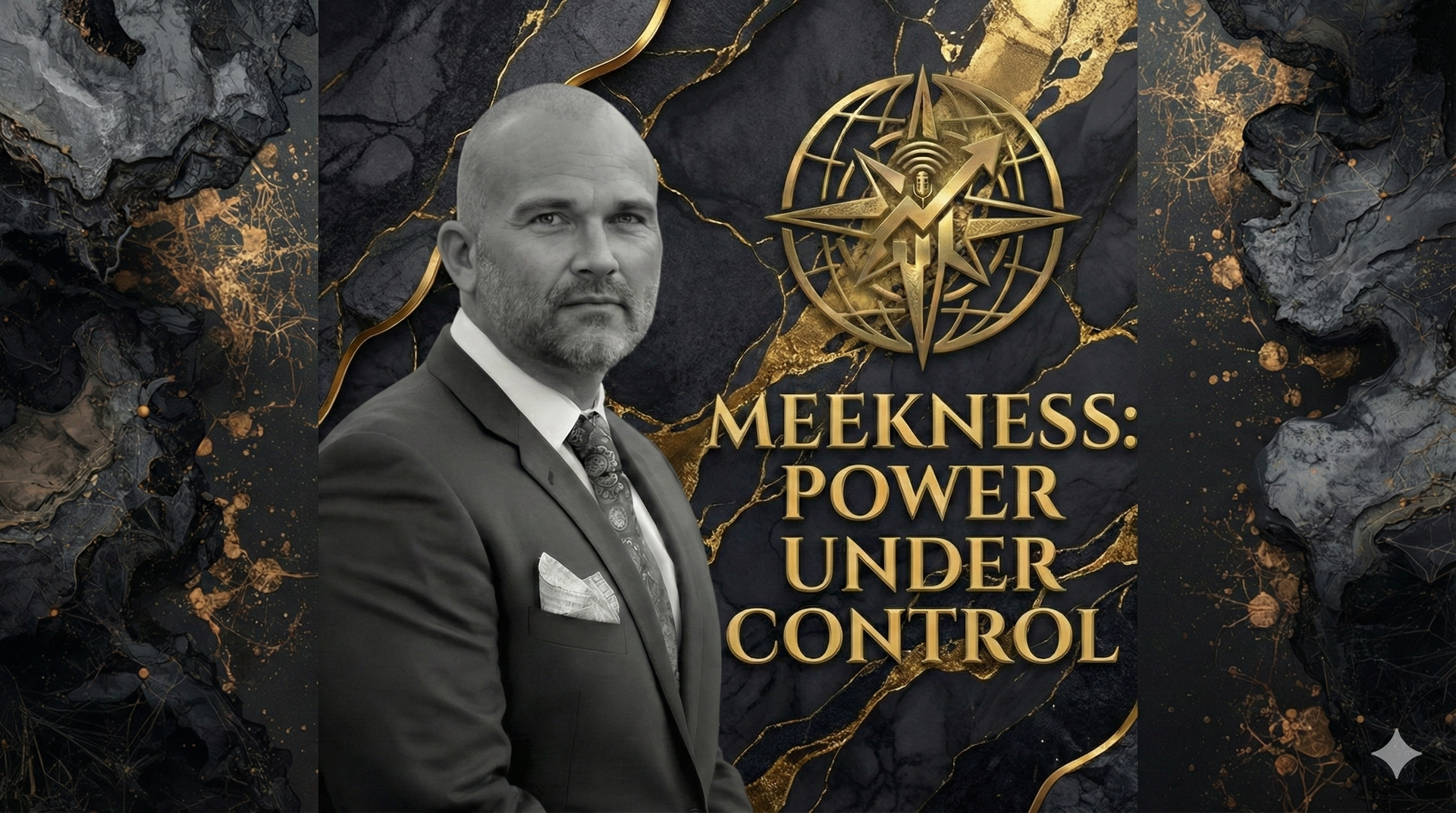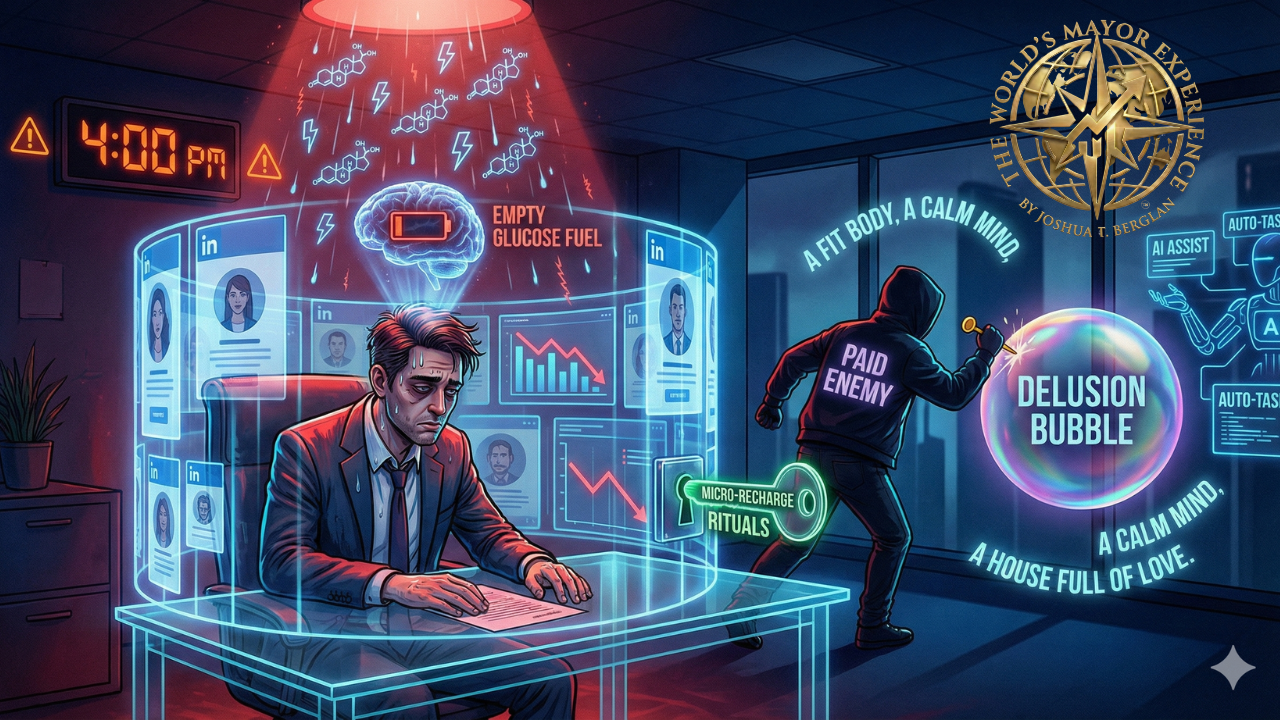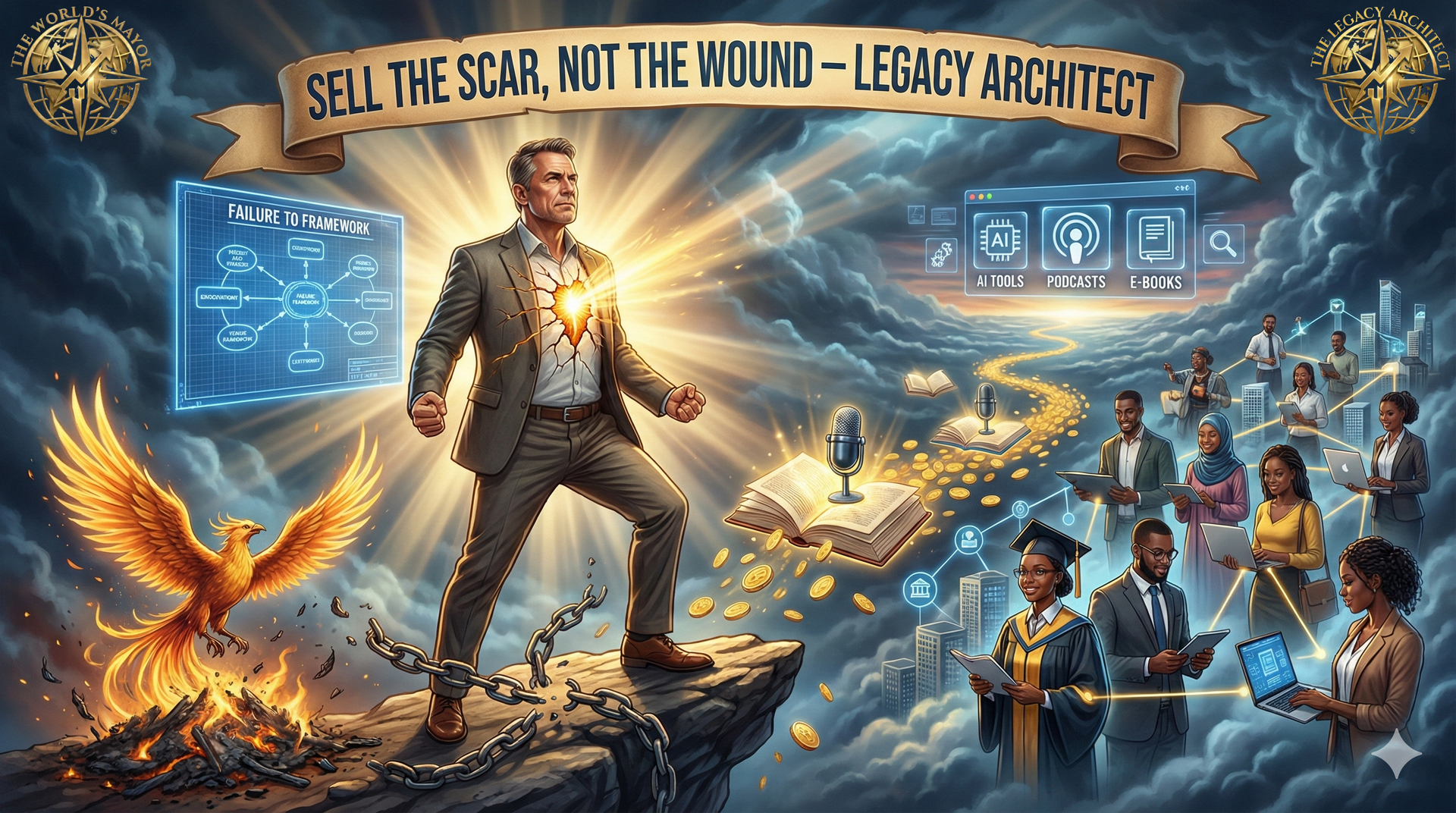CRACKS.
There are cracks in everything. Sooner or later those cracks begin to show.
The program at the TCCC
is very costly. TCCO would have everyone think that the rehabilitation program is top notch and run like a well-oiled machine. Truth be told it’s more of a train running off track. The Management and Training Corporation (MTC) gives the impression that the security is highly trained and professional. Nothing could be farther than the truth.
During my time of employment, I witnessed so much. Looking back on it now, I see that the more I saw, the more questions I had. After some time, I knew that I was employed at a “rehabilitation” facility, but it appeared that no one ever completed and were never released. Since I was on the night shift, I didn’t see the men attending group or the therapists spending time with the men. And rarely did I see or have any interactions with the case managers. I only got to hear about the daily events from the guys in the evening.
Several of the jokers would say the stories were from “Resident Dot Com” (resident.com) and would tell everything that went on all over the facility. Of course, some men gossiped a lot more than others. It seemed like every day there was a new rumor going around about someone, staff included. For example, there was/is a captain that the residents swore should be required to participate in group with them. Captain “P” has a history of flirting with all female staff members and making inappropriate comments that can be heard by anyone in earshot. He tucks his shirts in tight and pushes the sleeves up so his muscles show and struts around talking and laughing loudly. It’s well known that he has had many relationships with female staff members; one eventually became pregnant. Most of us females didn’t take him seriously, but he was ranking staff regardless, so we had to indulge his foolishness. Several complaints had been made, and administration was aware of his behavior. What’s worse is Captain P wasn’t the only male staff member that treated the females inappropriately. It was hypocritical that the ones in charge of maintaining order at the facility acted worse than the residents. There was definite forms of sexual harassment and behavior that should have been stopped. It seemed like it was just a good old boys club and MTC let it continue. Side note: Captain P would be promoted, then demoted, and moved right back up again through the years. Sadly, bad behavior wasn’t the only crack in MTC.
Some of the other stories would consist of someone refusing to participate in group therapy or getting tiered down for some reason. Usually if the residents were dropped down in tier, they would be upset. Rightfully so because it can take years to move back up in tier levels. This was something that sparked my curiosity. I really was interested in learning how the process worked and what was serious enough for a man to be demoted. I saw many men stress because of impending polygraph tests (lie detector) and be concerned that if they failed it would result in the loss of their tier. I found this to be so strange since polygraphs aren’t even admissible in court proceedings but could determine the whole future of a resident at the facility. Another huge worry for them was the PPG
test, a physiological test that measures changes in penile volume or circumference in response to sexual stimuli. The first time I heard of this test, I was extremely shocked and confused. This test sounded completely barbaric and inappropriate for someone going through “treatment”. I had a real problem understanding that these men had to go through this test. The PPG could also have a huge impact on the men and their treatment and tier levels. There were many times I would listen to the residents talk about the amount of apprehension about taking these tests. As a person who has never underwent anything remotely like this, I could not imagine their feelings. The guys told me that even if they went to treatment, completed assignments, followed rules, these tests could have major decision-making effect on whether they move up or down in their progression in tier level. Neither one of these tests was fool proof and there could be discrepancies. I must admit that the more I learned, the less I understood. It seemed as if the treatment aspect of the program had cracks in it too.
I have really learned so much about people over the last few years. When placed in difficult circumstances people must adapt. Some of us build up walls to protect ourselves. Others immerse themselves in religion, faith, spirituality. Some seek out friendships to lean on in the dark times. This was all true of the residents that I worked with at the facility. There were approximately 300 men at this time and there were 300 different personalities. There were certainly cracks in all of these personalities. I went to work every night, and I didn’t know that my attitude influenced the men I looked after until they told me. I very distinctly recall one of the residents being happy to see me as I arrived at BRAVO one evening for my shift. He walked up to me and asked if I was the officer for the night to which I responded “I’m here aren’t I? Why what’s up?” He laughed and said that they were glad because if I was there then they knew it would be a good night and there wouldn’t be any issues. That made me feel good. I could do my job effectively and still be kind and decent to the men. If they appreciated me and how I treated them then what did that say about all the other officers and when I wasn’t there? I know from the many stories that they told me that other officers were hard to deal with and gave them grief, often unnecessary. I knew it was true because I had seen some of these officers work and knew they took things too far. I started to feel sorry for the men. I started to spend more time thinking about them and their circumstances and wanted to learn more about the whole process of how they got there to how they got out. How could I help them? The cracks were starting to show in me. Before I knew it my role was changing from an officer to an advocate. I’m still an advocate TODAY.




























